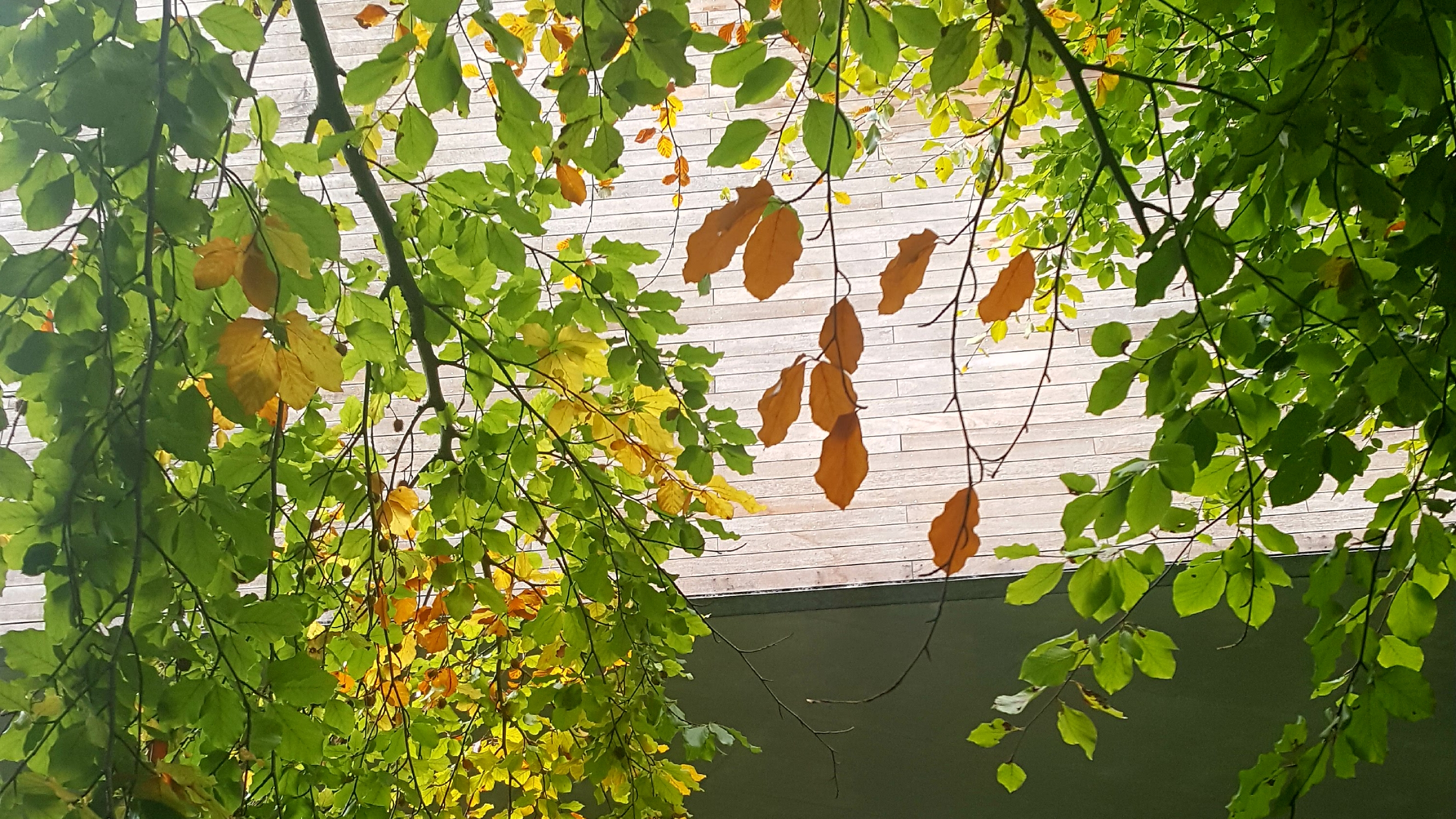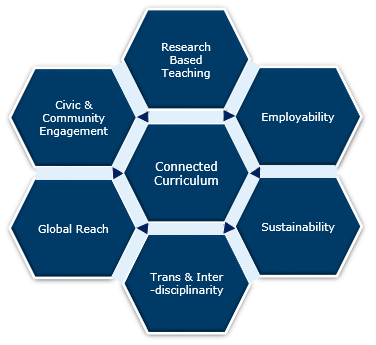In This Section
- Home
- About us
- People
- Courses
- Current Students
- Research
- Shaping Society
- Careers
- News and Events
- Alumni
- International Applicants
- College of Business and Law
- Scholarships and Prizes
- European China Law Studies Association Annual Conference 2025
Teaching Environmental Law for Policy Innovation and Impact

The Centre for Law & the Environment is engaged in a research project on the theme Teaching Environmental Law for Policy Innovation and Impact (2020-2021).
The project aims to design, develop and test a series of new models of experiential learning in the field of environmental law and policy. The climate and biodiversity crisis confirms the importance of this project. There is a pressing need to improve students’ capacity for critical thinking in response to complex societal challenges.
The overarching aim is to transform the learning experience while, at the same time, producing specific student-generated outputs that contribute to policy development and support community engagement.
Designing innovative assessment methods is a key element of the project.
The School of Law currently offers a wide range of environmental law modules at undergraduate and postgraduate level including, for example: Environmental Law: Contemporary Issues in Governance, Regulation and Enforcement (LW3372) and the LLM module Environmental Law in Practice (LW6580).
The Centre also offers two clinical modules at postgraduate level: Environmental Law Clinic (LW6635) and Law of the Sea (Clinical) (LW6625).
The project will build on and expand these initiatives by developing new experiential learning opportunities with a particular focus on the undergraduate curriculum.
Project team
The project is led by Dr Áine Ryall Principal Investigator, Co-Director, Centre for Law & the Environment.
The project team comprises: Professor Mark Poustie, Dean of Law UCC; Professor Owen McIntyre, Co-Director, Centre for Law & the Environment; and Cara O’Mahony, Research Assistant to the project.
Our research is funded by the National Forum for the Enhancement of Teaching and Learning in Higher Education and the Higher Education Authority.


Project overview
The project is concerned primarily with curriculum design and embedding student-centred, research-based, collaborative inquiry more deeply in environmental law teaching and scholarship.
There is a particular focus on embedding experiential learning opportunities, including clinical offerings, in the undergraduate curriculum.
We aim to deliver greater synergies between teaching, research and innovation.
The advancement of the sustainability agenda is the key overarching theme driving our research in this field.
The project is inspired by UCC’s Connected Curriculum framework.

UCC’s Connected Curriculum Framework
In line with UCC’s Academic Strategy, the new models of experiential learning that will emerge from the project will be designed to enable students ‘to develop values, skills and aptitudes that promote civic participation, social inclusion, sustainability, digital fluency and impactful global citizenship.’
The project’s specific concentration on environmental law ensures a sharp focus on contribution to policy development related to high profile societal challenges (including e.g. the climate crisis, air pollution and biodiversity loss etc.), in collaboration with students at both undergraduate and postgraduate levels (i.e. our students as citizens and problem-solvers).
Drawing on our close connection with UCC’s Environmental Research Institute, we will, where appropriate, integrate knowledge and methods from other disciplines into our new models.
The project fits well with UCC’s Green Campus initiative and the University’s strong commitment to implement the United Nation’s Sustainable Development Goals. It also delivers on the objectives of the University’s Community Engagement Strategy.
Learn more about the background to our project in this short video.
Impact on learning
The learning models that we will develop, including the assessment methods, will enable students to demonstrate that they can make a critical assessment of specialised information and that they can connect information from a range of sources to solve real-world problems. The new models will facilitate direct engagement with industry and community, including environmental NGOs.
Particular emphasis is placed on developing critical thinking, creativity and communication skills. The project will explore assessment in a variety of forms, including drafting policy briefs, creating user-friendly guides to particular areas of environmental law, blogs and podcasts etc. Excellent communication skills, and the ability to use social media effectively, are essential for impact. These skills are much sought after by graduate employers.
School of Law
Scoil an Dlí
Contact us
Room 1.63, Aras na Laoi, T12 T656
